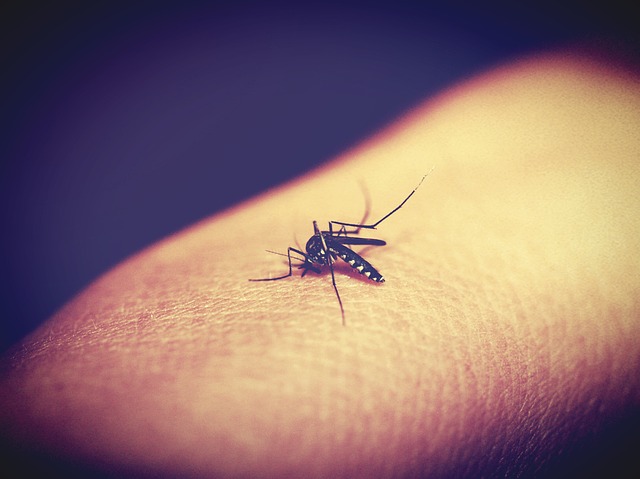We recently heard about the Zika virus outbreak in South America but the question is what exactly is Zika Virus? Where did it originate and what causes it?
Zika virus is an emerging mosquito-borne virus that was first identified in Uganda in 1947 in rhesus monkeys through a monitoring network of sylvatic yellow fever. It was subsequently identified in humans in 1952 in Uganda and the United Republic of Tanzania. Outbreaks of Zika virus disease have been recorded in Africa, the Americas, Asia and the Pacific.
A person can be infected but the signs will be passive even for a week before manifesting themselves. The only way to be certain of an infection is by going for a blood test.
Symptoms of Zika virus include:
Fever
Rash
Joint pain
Conjunctivitis (red eyes)
Muscle pain
Headache
Pain behind the eyes
Vomiting.
Sourced from:http://www.medicalnewstoday.com/articles/305163.php
Health experts have warned expectant mothers concerning the virus. The special attention on pregnant women is because the Zika virus causes some developmental problems in the unborn child.
In mid-April 2016, CDC experts confirmed that Zika can cause microcephaly and other severe fetal brain defects. Microcephaly is a neurological condition where babies are born with small heads and sometimes small brains. The condition may also be associated with severe developmental issues and in rare instances death.
However, this does not mean that if you are infected with Zika during pregnancy that your baby will definitely experience health problems. It simply means that babies whose mothers are infected with Zika during pregnancy have an increased risk. Many women infected during this outbreak have delivered healthy babies.
Sourced from : http://www.whattoexpect.com/pregnancy/pregnancy-health/zika

The Zika virus has raised great concerns to the point many leading scientists approached the World Health Organization to have the Rio Olympics scheduled. Their cries landed on deaf ears but it can only be hoped that their fears won’t actualize.
The World Health Organisation this weekend rejected calls from 150 of the world’s leading scientists to reschedule the Olympics because of the ongoing threat from the virus.
As for the risk posed by those travelling to the Olympic Games, Professor Jeremy Farrar, director of the Wellcome Trust, said it is insufficient to cause a major impact on the overall spread of the virus.
“Mosquitoes in August are not nearly so active in Brazil as at other times of the year. Risks are therefore reduced.”
His comments echo those already expressed by Jonathan Ball, Professor of Molecular Virology at the University of Nottingham, who said while people need to be careful when travelling, the risk from Olympic travel alone is “a drop in the ocean” compared with routine trips and trade.